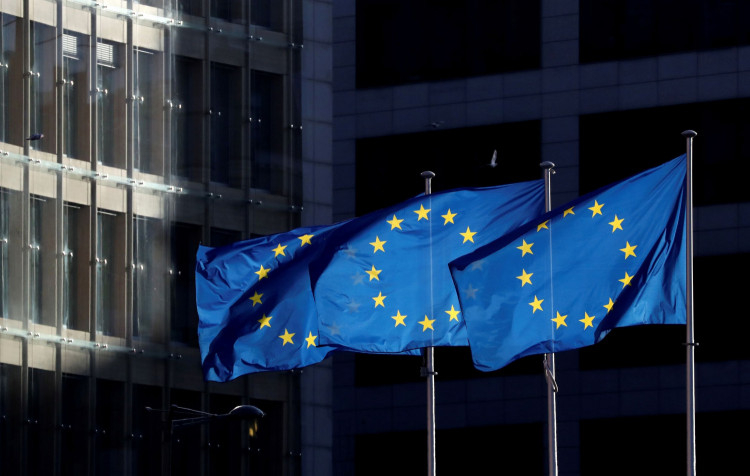Inflation in the eurozone increased to 2.3% in November, surpassing the European Central Bank's (ECB) 2% target and adding complexity to the bank's upcoming interest rate decision. The rise, reported by EU statistics agency Eurostat, marks an uptick from October's 2% figure, although inflation remains far below the peak of 10.6% seen in October 2022.
Despite the increase, market analysts largely anticipate the ECB will proceed with its planned interest rate cut during its December 12 meeting. Current expectations center on a 25-basis-point reduction in the benchmark rate, currently set at 3.25%. However, the inflation surge could prompt debates over a potentially larger cut to stimulate growth in the sluggish eurozone economy.
The inflation uptick was driven by a 3.9% rise in the services sector, which includes costs for haircuts, hotels, and entertainment. Energy prices, in contrast, fell by 1.9% year-over-year, continuing to offer some relief to consumers. Core inflation, which excludes volatile components like energy and food, remained steady at 2.7% for the third consecutive month, reflecting persistent price pressures in key areas of the economy.
France, the eurozone's second-largest economy, reported a slight increase in its harmonized inflation rate to 1.7%, up from 1.6% in October. Germany, the bloc's largest economy, maintained stable inflation at 2.4%, which analysts suggest could temper support for more aggressive ECB rate cuts.
The ECB's rate adjustment strategy has evolved significantly since the inflationary peak of 2022. Initially, the bank raised rates aggressively to combat soaring prices, but it pivoted to rate cuts in June 2024 as concerns about economic growth deepened. The latest purchasing manager surveys underscore these growth concerns, with signs of contraction across the eurozone economy.
Markets have already priced in a modest rate cut, yet speculation has grown around a larger-than-expected reduction. A half-point cut, though less likely, remains on the table as ECB officials assess the balance between curbing inflation and supporting growth.
The broader economic outlook remains uncertain. The European Commission forecasts eurozone economic output to grow by 0.8% this year and 1.3% in 2025, figures that reflect tepid recovery prospects. Additionally, potential disruptions from U.S. trade policies under President-elect Donald Trump, including tariffs on imported goods, loom as risks for Europe's export-reliant economies.
Outside the eurozone, inflationary pressures and policy decisions are also drawing attention. In Asia, strong inflation data from Tokyo has fueled expectations of an imminent rate hike by the Bank of Japan, while U.S. stocks showed gains in a shortened post-Thanksgiving session.






